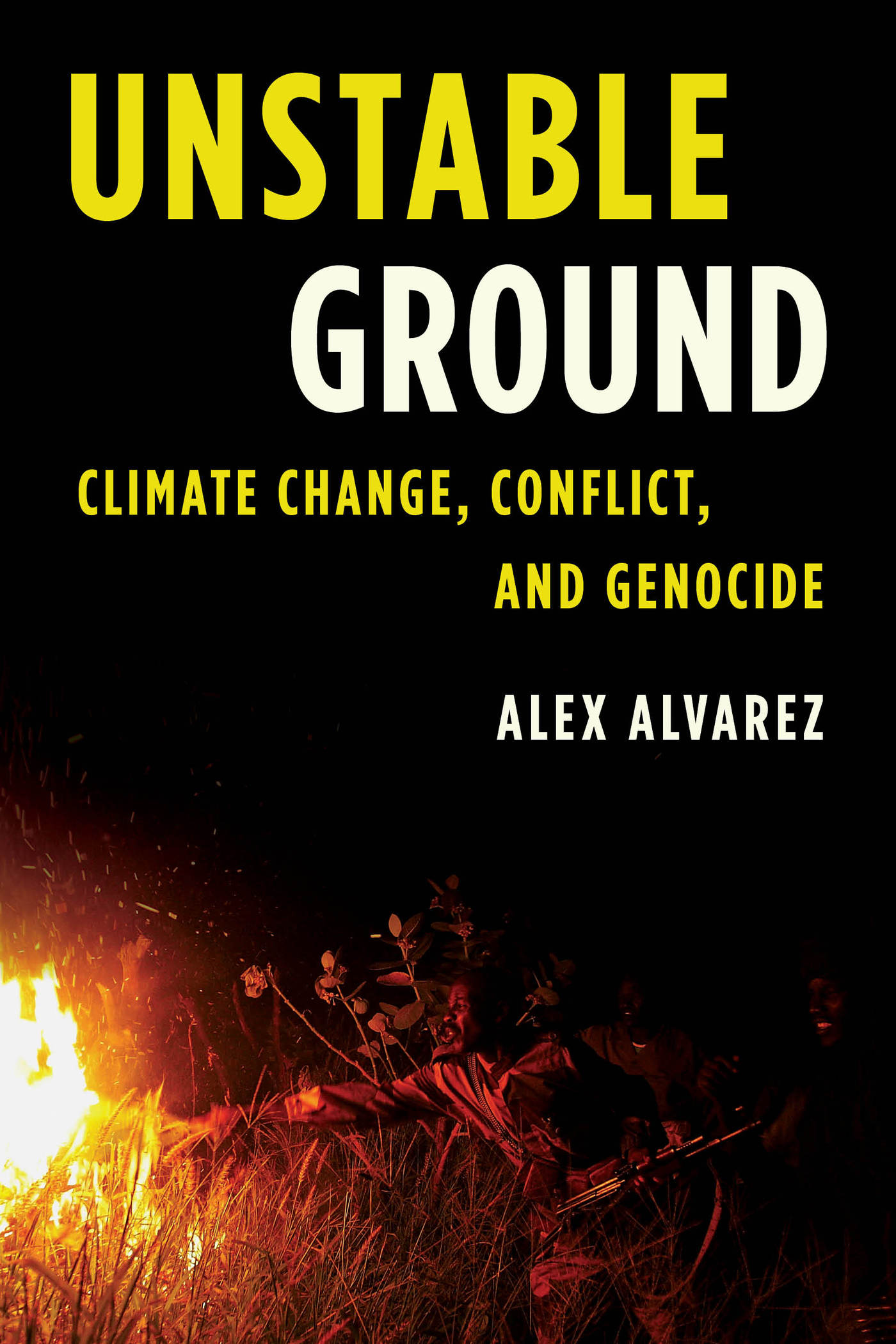Praise for
Unstable Ground
Climate change, the critical defining catastrophe of our time, is simultaneously a scientific and a human concern. In this pathbreaking volume, Alvarez has combined a number of approaches to the core issue in order to show just what this will portend for the futurea future in which violence, genocide, and population collapse are entirely likely unless the means can be found to address the slide toward disaster. This is a thought-provoking and terrifying book that nonetheless offers us some measure of hope... if only we pay heed to its message.
Paul R. Bartrop, Florida Gulf Coast University
Unstable Ground provides a guide to understanding the many and varied implications of climate changeincluding environmental destruction, mass migration, and dissolution of established borders; the need to rethink issues of national security; and the existential question of life on planet Earthif there is not enough action now to stem the self-inflicted wound. Alvarezs timely book is essential reading for citizens, policy makers, and scholars.
Roger W. Smith, College of William & Mary
Many of the major human rights issues of our time, including migration, armed conflict, and access to water, have important links to climate change, as Alex Alvarez shows in this compelling account. He connects many of the dots to explain the origins, at least in part, of the scourge of genocide and crimes against humanity today.
William A. Schabas, Middlesex University, London
In the highest tradition of the public intellectual, Alex Alvarez has produced a first-rate research work that is accessible to readers at every level and puts focus on a crucial dimension of human-caused global warming. His compelling analysis is that the dominant form of mass human violence in the twenty-first century will be (and already has been) driven by climate change. His book makes clear that the question facing us now is not whether these pressures will come, but how humanity will face them. This book is an absolute must-read for all policy makers, concerned citizens, and scholars.
Henry C. Theriault, Worcester State University; founding co-editor of
Genocide Studies International
Studies in Genocide:
Religion, History, and Human Rights
Series Editor: Alan L. Berger,
Raddock Family Eminent Scholar Chair of Holocaust Studies, Florida Atlantic University
Genocide is a recurring scourge and a crime against humanity, the effects of which are felt globally. Books in this series are original and sophisticated analyses describing, interpreting, and articulating lessons from historical as well as current genocides. Written from a range of scholarly perspectives, the works in this series articulate patterns of genocide and offer suggestions about early warning signs that may help prevent the crime.
Jihad and Genocide, by Richard Rubenstein
Balkan Genocides: Holocaust and Ethnic Cleansing in the Twentieth Century, by Paul Mojzes
Native America and the Question of Genocide, by Alex Alvarez
The Genocide Contagion: How We Commit and Confront Holocaust and Genocide, by Israel W. Charny
Unstable Ground: Climate Change, Conflict, and Genocide, by Alex Alvarez
Climate Change, Conflict,
and Genocide
Alex Alvarez
ROWMAN & LITTLEFIELD
Lanham Boulder New York London
Published by Rowman & Littlefield
A wholly owned subsidiary of The Rowman & Littlefield Publishing Group, Inc.
4501 Forbes Boulevard, Suite 200, Lanham, Maryland 20706
www.rowman.com
Unit A, Whitacre Mews, 26-34 Stannary Street, London SE11 4AB, United Kingdom
Copyright 2017 by Rowman & Littlefield
Portions of the discussion of the role of borders and refugees in chapter 5 first appeared in earlier version in: Alex Alvarez, Borderlands, Climate Change, and the Genocidal Impulse, Genocide Studies International 10, no. 1 (Spring 2016): 2736. 2016 Genocide Studies International. doi: 10.3138/GSI.10.1-3. Reprinted with permission from University of Toronto Press. (www.utpjournals.com).
All rights reserved. No part of this book may be reproduced in any form or by any electronic or mechanical means, including information storage and retrieval systems, without written permission from the publisher, except by a reviewer who may quote passages in a review.
British Library Cataloguing in Publication Information Available
Library of Congress Cataloging-in-Publication Data Available
ISBN 978-1-4422-6568-4 (cloth : alk. paper)
ISBN 978-1-4422-6569-1 (electronic)
 TM The paper used in this publication meets the minimum requirements of American National Standard for Information Sciences Permanence of Paper for Printed Library Materials, ANSI/NISO Z39.48-1992.
TM The paper used in this publication meets the minimum requirements of American National Standard for Information Sciences Permanence of Paper for Printed Library Materials, ANSI/NISO Z39.48-1992.
Printed in the United States of America
For Ingrid, Joseph, and Astrid
You are all a constant source of pride,
love, and inspiration.
Each of you has enriched my life immeasurably.
Acknowledgments
As ever, this book could not have been written without a great deal of personal and professional support, for which I am profoundly grateful.
I would like to begin by acknowledging a number of friends and colleagues who have read early drafts and provided valuable feedback that helped me tremendously as I struggled to make sense of these issues and craft a coherent manuscript. Specifically, I wish to extend my deep appreciation to Janine Schipper, Mike Costelloe, Herb Hirsch, Sarah Prior, and Bjorn Krondorfer for reading through various chapters and offering their reactions, thoughts, and advice. I especially want to say thank you to Maureen Hiebert for a very thorough reading of the entire manuscript and for providing me with such insightful and helpful comments.
This is the second book I have completed with the team at Rowman & Littlefield, and as last time, I am impressed by their skills and professionalism. Its been a pleasure. Thank you to Alan Berger for his support, gratitude to Jehanne Schweitzer for her assistance in the production process and Cheryl Brubaker for her skills as a copyeditor, and a special note of appreciation to my editor, Sarah Stanton, for all of her hard work, guidance, and support on behalf of this book.
I also want to extend my undying gratitude to my best friend, confidant, and life partner, Donna Mae Engleson, for the endless support, encouragement, and patience as I wrestled with the subject matter of this book and the process of writing. My deepest love also to my children, Ingrid, Joseph, and Astrid, who remain my inspiration, my hope, and a never-ending source of pride.
Introduction
Climate Change and Genocide
Theres one issue that will define the contours of this century more dramatically than any other, and that is the urgent threat of a changing climate.
Barack Obama
Every year we await the rains. I live and work in Flagstaff, Arizona, a community nestled at the foot of the San Francisco Peaks in northern Arizona. Situated at 7,000 feet on the Colorado plateau, Flagstaff is a beautiful mountain town that sits in the middle of the largest ponderosa pine forest in North America. Just north of town are the San Francisco Peaks, a volcanic mountain range sacred to many Native Americans. The highest peak is Mount Humphreys, at a height of more than 12,000 feet. When people think of Arizona they tend to imagine sandy deserts and giant saguaro cacti, but Flagstaff and the surrounding area dont match that imagery; in many ways, this area is an island of green in the high mountains. Go in any direction and pretty soon you drop off into another world, a drier and much more arid one.

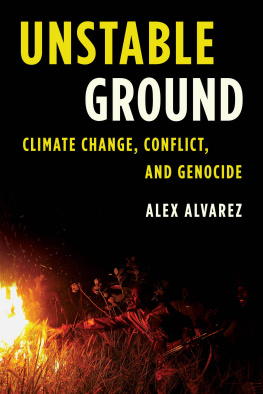
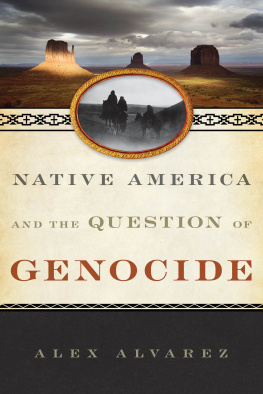

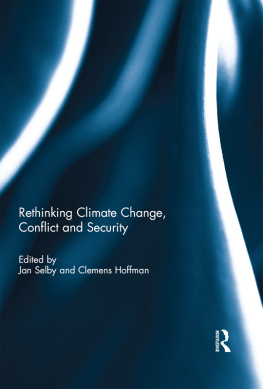
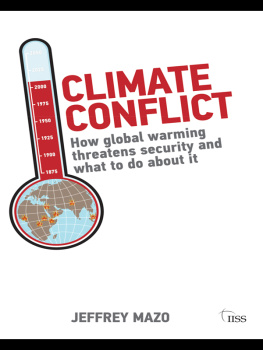
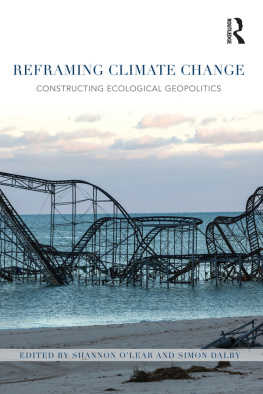
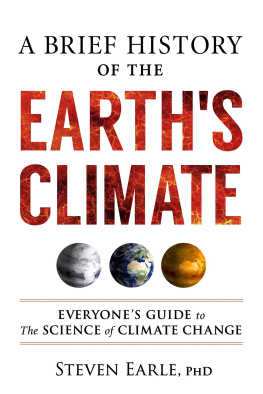
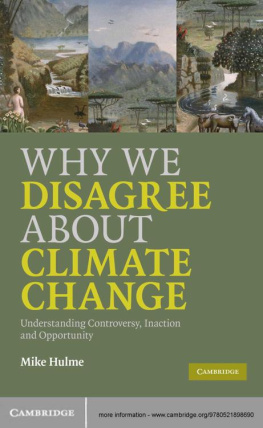
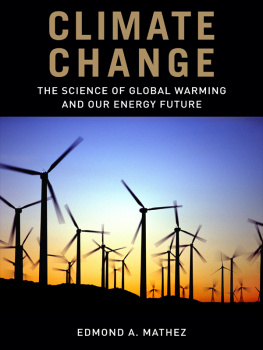
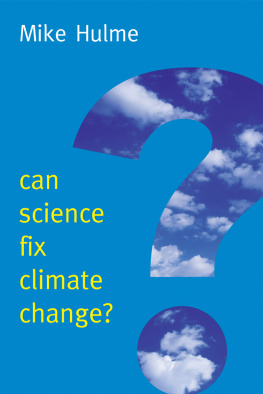
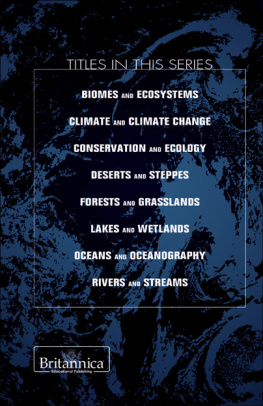
 TM The paper used in this publication meets the minimum requirements of American National Standard for Information Sciences Permanence of Paper for Printed Library Materials, ANSI/NISO Z39.48-1992.
TM The paper used in this publication meets the minimum requirements of American National Standard for Information Sciences Permanence of Paper for Printed Library Materials, ANSI/NISO Z39.48-1992.